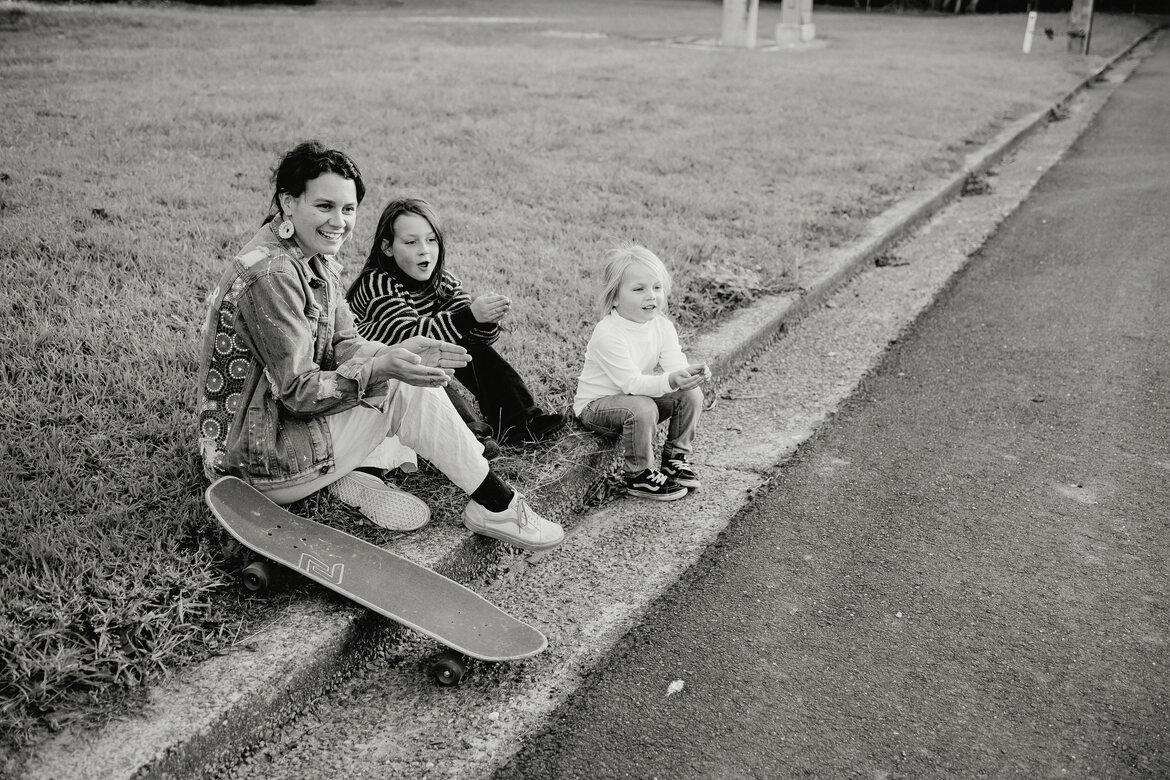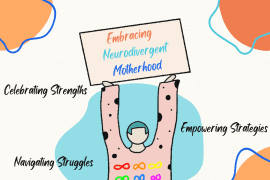By Dr. Laura Markham
“Dr. Laura…I love your approach. I understand the ideas. But in the heat of the moment, I find myself tongue-tied and I can’t figure out what to say. I wish I had you there whispering in my ear.” – Teresa
We’ve all had those moments when we struggle for the right words. But the truth is, what you say is not nearly as important as your attitude. Your child feels your warmth and love even when you don’t say a word.
And when you do speak, your tone is much more important than the words you choose.
But what about those times when you’re not feeling all that much love? When you want to say something constructive, but you’re at the end of your rope and you aren’t thinking all that clearly? When you wish you had a fairy godmother whispering in your ear?
We’ve all had those moments when we struggle for the right words. But the truth is, what you say is not nearly as important as your attitude. Your child feels your warmth and love even when you don’t say a word.
Try keeping three basic guidelines in mind: Connection, Feelings, Solutions. If you can use them all, great! But even if you only use one, you’ll get yourself and your child on the right track. Every one of these works like a magic wand. Here’s how.
1. Connect.
Parenting is 90% connection. Kids can’t hear us, cooperate with our requests, or even feel good in their own skin unless they feel connected with us. So when everything’s going wrong, start by connecting.
When your child isn’t listening to you, try putting your hand on her arm and making eye contact before you say gently, “Hey, Sweetie.” (Use your child’s name.)
When your child is whining, instead of admonishing her to “Use your grown-up voice”, try gathering her into your arms and saying, “You are feeling out of sorts, aren’t you? Nothing seems to be working for you right now. I think maybe you’re out of hugs! Let’s see what we can do about that.”
When your kids are fighting, get between them, put an arm around each one to connect physically and restore safety, and say “Let’s everyone take a deep breath and calm down now…. We can work this out.”
2. Empathise with Feelings.
Your child’s behaviour may need to be limited, but all feelings are allowed. The amazing thing is that once feelings are acknowledged, humans are much more willing to cooperate. Kids don’t need everything they want. They DO need to feel understood.
When your child yells at their sibling “I hate you, I wish I didn’t even have a sister!” your impulse might be to say “You know better than that! How can you be so mean?”.
Your child’s behaviour may need to be limited, but all feelings are allowed. The amazing thing is that once feelings are acknowledged, humans are much more willing to cooperate. Kids don’t need everything they want. They DO need to feel understood.
Instead, acknowledge the feelings that are being expressed, even as you hold your limit: “You’re so very mad right now; you want us all to know you are furious. You can tell your sister what you’re mad about without attacking her.”
When your child is sad, your impulse may be to try to convince her she doesn’t need to be sad. “You’ll make new friends when we move.” But the only way out of an emotion is through. The first step in letting go is to let herself grieve.
Instead, validate what your child is expressing: “I hear how worried you are about the move, and about missing your friends. I know you love your friends, and it’s hard to think about leaving them. I’m so sorry you have to go through this.”
Or, when you take your child to buy a present for a cousin’s birthday, you naturally warn her that you won’t be buying her a present today, but she — naturally! — gets emotional about how much she NEEDS a toy. Your impulse might be to say: “You have plenty of toys, don’t be greedy! You know we can’t afford that, I TOLD you we weren’t buying anything for you today, don’t you start crying about this!”
Instead, try acknowledging her feelings, even as you hold your limit: “You wish you could have that. It looks like a lot of fun. Not today, my dear.”











